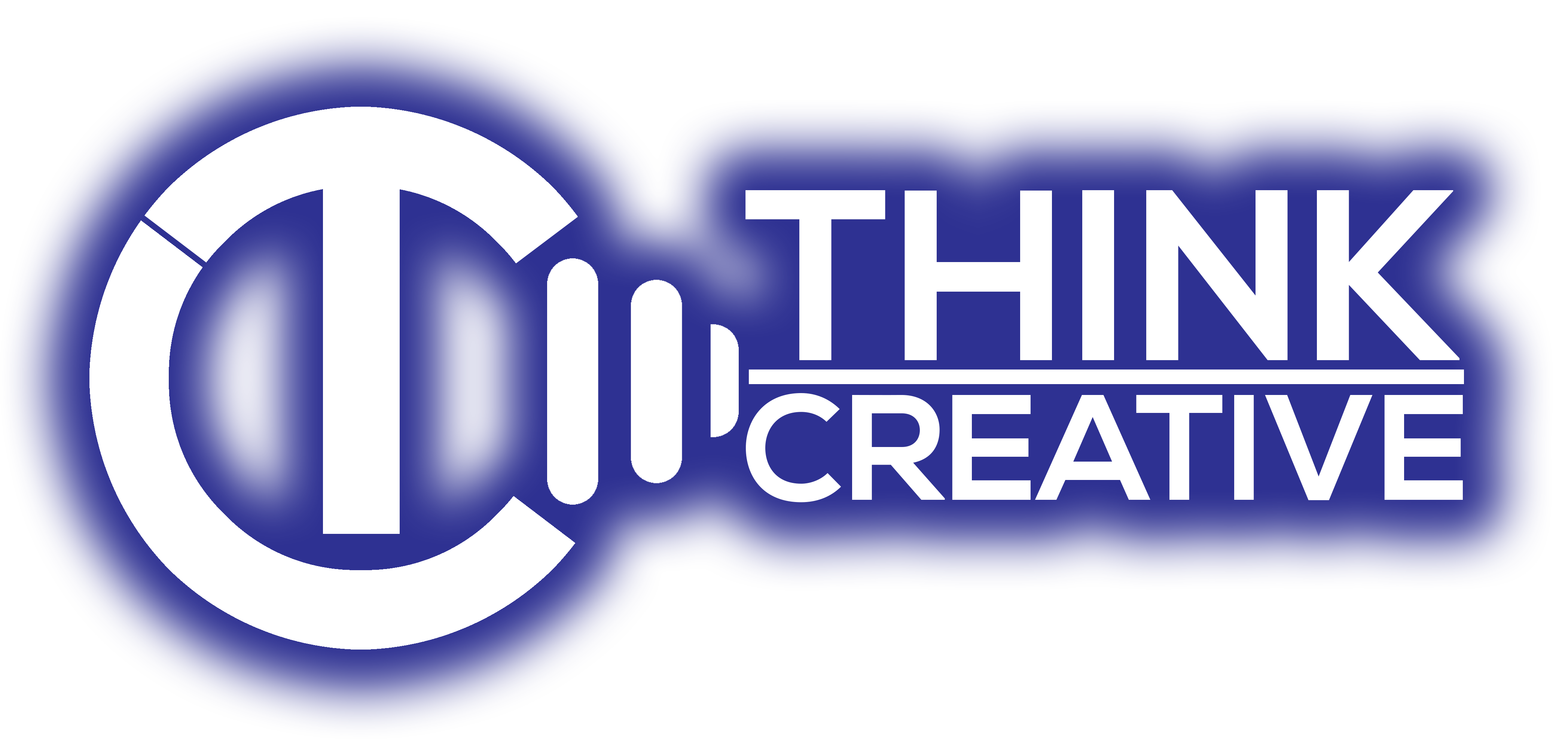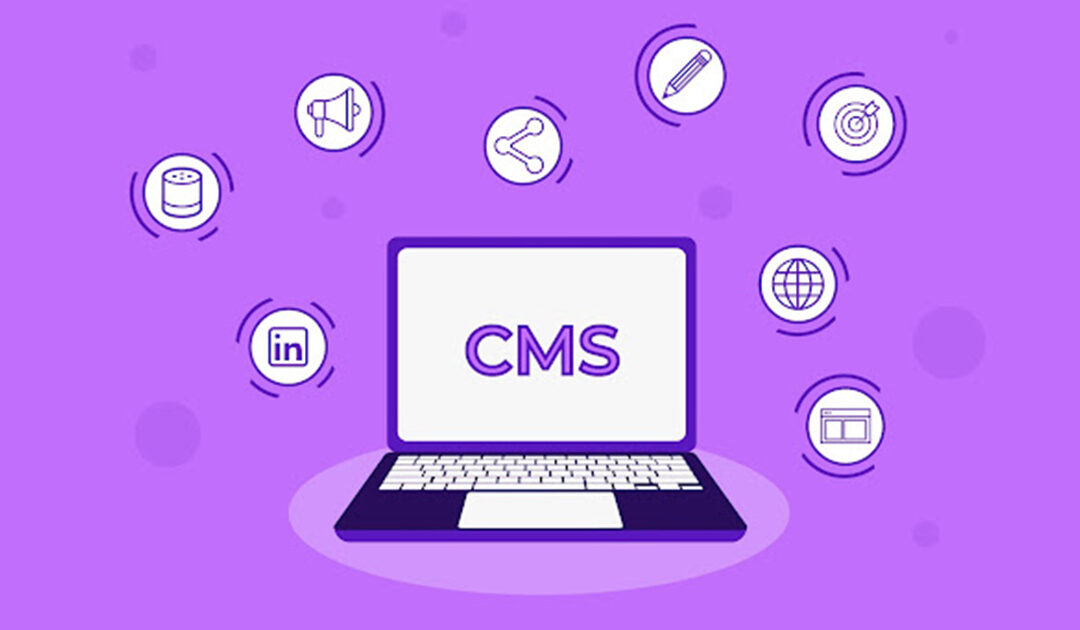Kick off with an engaging introduction that explains what a Headless CMS is and its significance in the current digital landscape. Highlight its emergence as a solution to the limitations of traditional CMS platforms, setting the stage for a deep dive into its benefits and applications.
Understanding
What is Headless CMS?
- Simplify the concept of Headless CMS by describing it as a backend-only content management system where the content repository “body” is separated from the presentation layer “head.”
- Mention that it delivers content through APIs for seamless distribution across different platforms.
The Evolution from Traditional to Headless CMS
- Provide a brief comparison to illustrate how it differs from traditional CMS in terms of flexibility, scalability, and control over the presentation of the content.
The Revolutionary Benefits for Developers
Streamlined Content Delivery Across Platforms
- Explain how developers can use it to manage and publish content to web, mobile apps, IoT devices, and more, without needing to adjust the content for specific platforms.
Enhanced Flexibility and Control
- Discuss how it gives developers the freedom to use their preferred frameworks and technologies for the frontend, leading to customized and optimized digital experiences.
Improved Performance and Scalability
- Highlight the performance benefits, including faster load times and better handling of traffic spikes, due to the decoupled nature of the architecture.
How it Works
- Use simple analogies or diagrams to demystify the technical workings of a Headless CMS, focusing on the role of APIs in connecting the content repository with various presentation layers.
Implementing Headless CMS in Web Projects
Choosing the Right CMS
- Offer insights into factors to consider when selecting a Headless- CMS, such as API capabilities, developer support, and integration options.
Best Practices for Developers
- Share practical tips for developers on integrating CMS with their projects, emphasizing the importance of structured content, API security, and continuous testing.
The Future of Content Management
- Speculate on the future of CMS and its potential to drive innovation in digital content delivery, including AI-driven content personalization and multi-channel strategies.
Conclusion
Wrap up by summarizing the transformative impact of CMS on web development, reiterating its benefits for developers seeking greater flexibility, performance, and scalability in their projects.


Recent Comments